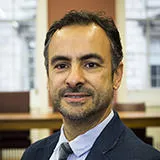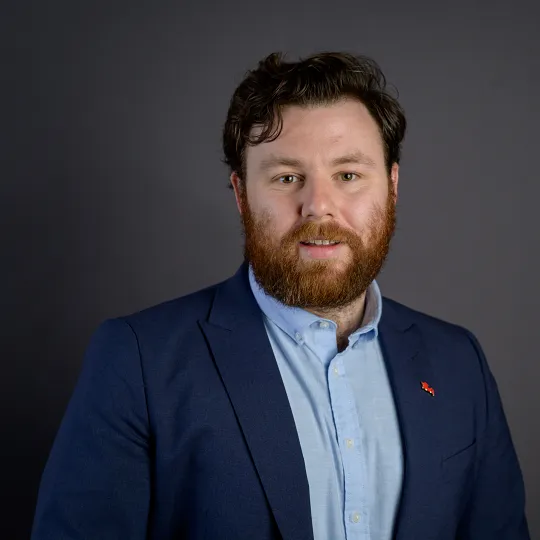Please note: this event has passed
Strategies of the Indigenous Movement Against Genocide in Brazil
“What happens when an indigenous organization files a genocide lawsuit against a president in the largest international criminal court?”
On August 9, 2021, the Articulation of Indigenous Peoples of Brazil (APIB) denounced then president Jair Bolsonaro for genocide against indigenous peoples at the International Criminal Court (ICC) in the Hague.
It was the first time in history that Indigenous Peoples themselves went to the ICC, with their Indigenous lawyers, to fight for their rights.
WIth a robust technical argument, APIB asked the prosecutor of the ICC to examine the crimes committed against Indigenous Peoples by Jair Bolsonaro since the beginning of his presidential term in January 2019, with special attention to the period of the COVID-19 pandemic.
Felipe Tuxá was part of this process, both as an indigenous researcher and ethnographer, and in his presentation he will highlight the legal disputes around the concept of genocide and the ways in which APIB’s lawyers and leaders contribute to a better understanding of indigenous notions of life and death, territory, destruction and ecocide.
Felipe will also address the political meanings of this initiative from the perspective of the history of social movements, particularly the indigenous movement, as well as their growing autonomy and the different ways in which they influence national and international policies in the legal sphere as a way of fighting and protecting their rights.
The presentation will be followed by a panel discussion between Felipe Tuxá, Professor Octavio Ferraz and journalist Ali Rocha about the importance of strengthening indigenous autonomy and international support for their causes.
Felipe Tuxá is an indigenous anthropologist of the Tuxá people from Rodelas, Bahia, Brazil, and a professor at the Department of Anthropology and Ethnology of the Federal University of Bahia (UFBA).
His research and teaching interests include violence against indigenous peoples in Brazil, violation of indigenous rights, politics of indigenous genocide, indigenous epistemologies and affirmative actions, indigenous methodologies and research ethics.
His PHD thesis “White Lethality: Denialism, Anti-Indigenous Violence and Politics of Genocide” received an award by the Brazilian Federal Agency for Support and Evaluation of Graduate Education (CAPES) in 2023.
Octávio Ferraz is a Professor and Co-Director of the Transnational Law Institute at King's College London. He is currently leading the project The Laws of our Sustainable Future focusing on human rights and environmental laws in the Amazon forest.
Ali Rocha is a journalist and human-rights activist, co-founder of Brazil Matters, a platform that raises international awareness of Brazilian issues and promotes the rights and fights of women, workes, black, indigenous and LGBT+ communities in Brazil.
* After the event there will be a drinks reception.
The registration desk opens at 6:00 pm and the event starts at 6:30 pm.
Event details
Moot CourtSomerset House East Wing
Strand Campus, Strand, London WC2R 2LS


